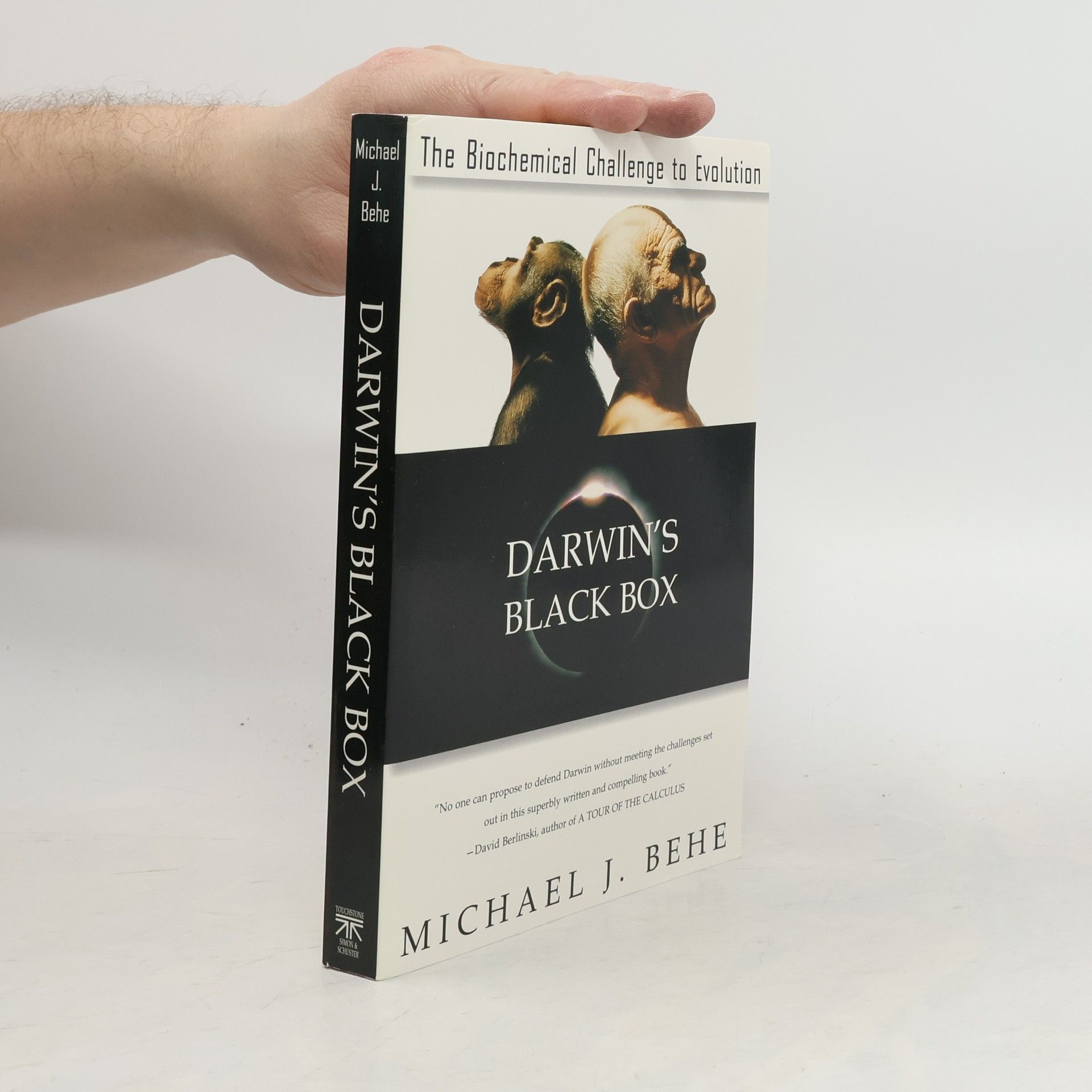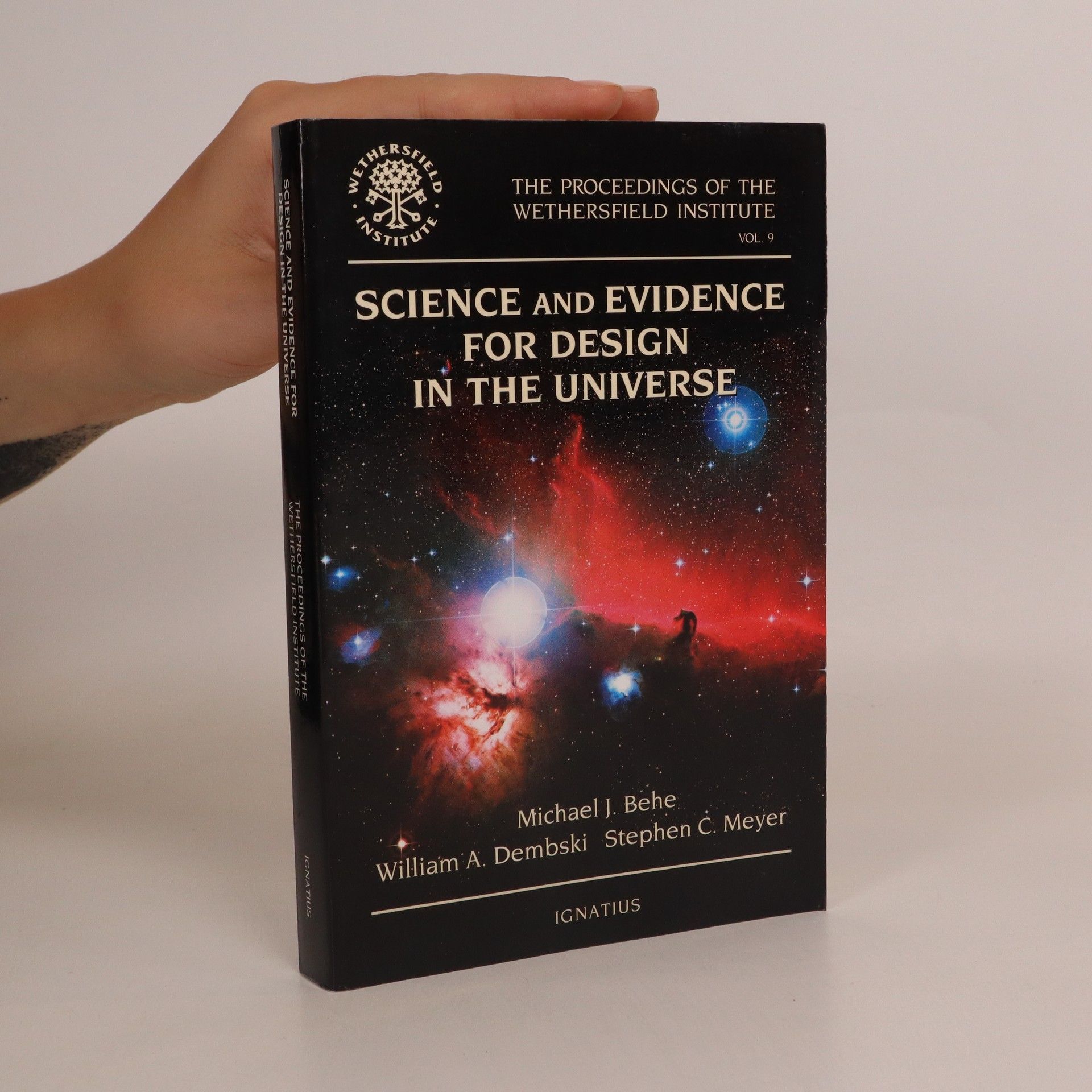Darwin Devolves: The New Science About DNA That Challenges Evolution
- 352 páginas
- 13 horas de lectura
In his controversial bestseller, a biochemist challenges Darwin's theory of evolution, arguing that science supports intelligent design as a better explanation for the origin of life. Advancing his argument, he presents new research that reconsiders how Darwin's mechanism operates, further undermining the theory's validity. He explains that while evolution can alter appearances and behaviors through natural selection acting on random mutation, it does not create life organically. Instead, he argues that Darwinism functions through a process of devolution, damaging DNA to produce new forms at the lowest biological levels. This insight is crucial, as it suggests that the Darwinian process cannot account for the creation of life itself. He emphasizes that a mechanism capable of dismantling complex systems cannot be responsible for building them. Additionally, he critiques Darwinism's methodology and its conflict with the concept of creation, highlighting that Intelligent Design uniquely acknowledges causation. While evolution suggests organisms are descended with modifications from ancient ancestors, Intelligent Design probes deeper, questioning the reasons and mechanisms behind such profound changes. For him, this inquiry underscores the significance of Intelligent Design.



